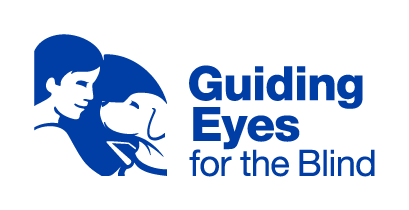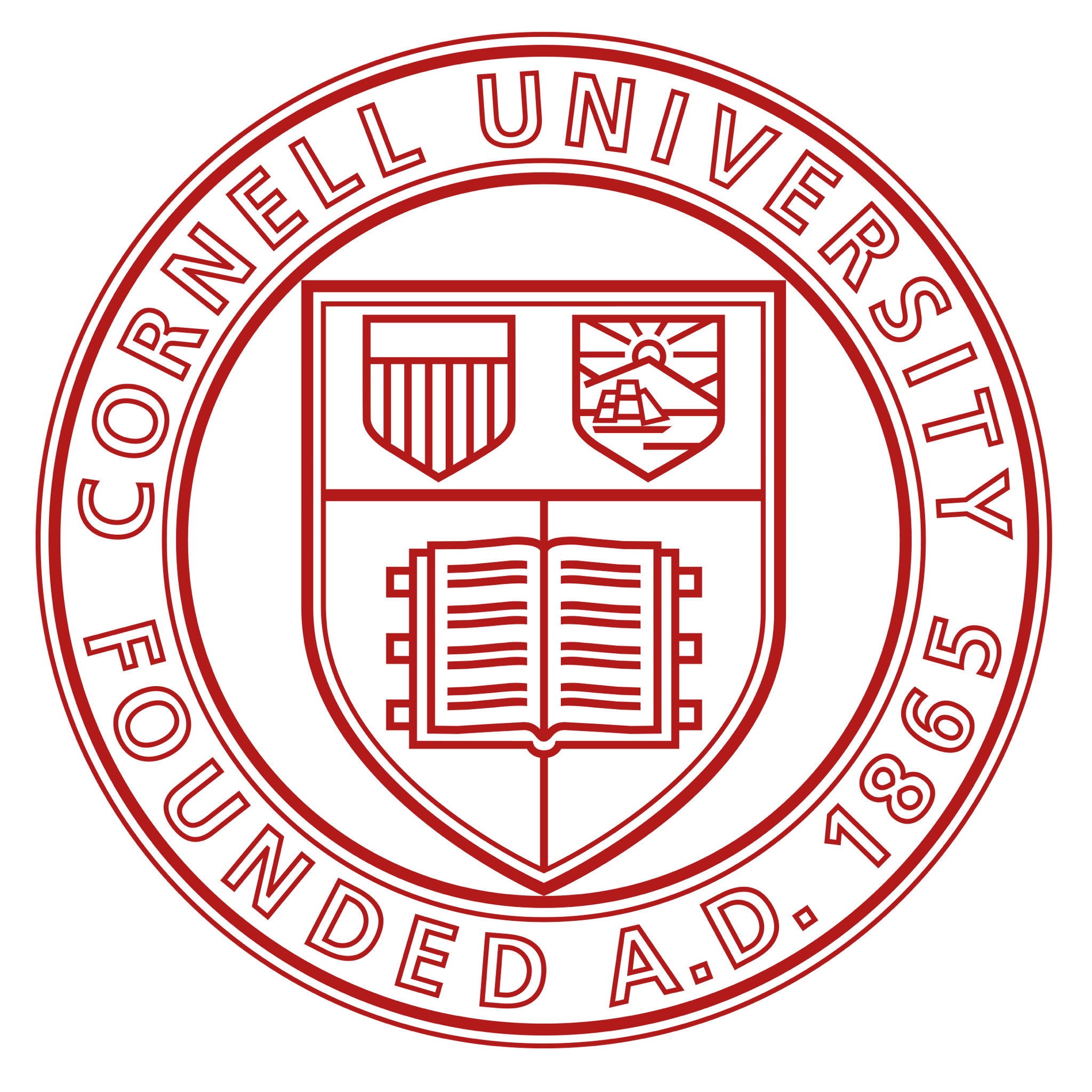Join as a General Body Member to attend events and earn points!
General Body members come to our events such as pet a puppies and general body events and engage with our dogs in a more informal context. At the end of every semester, General Body Members with the most points and who have gotten to know the E-board/Raisers on a closer level will be selected to go through training with Guiding Eyes.





